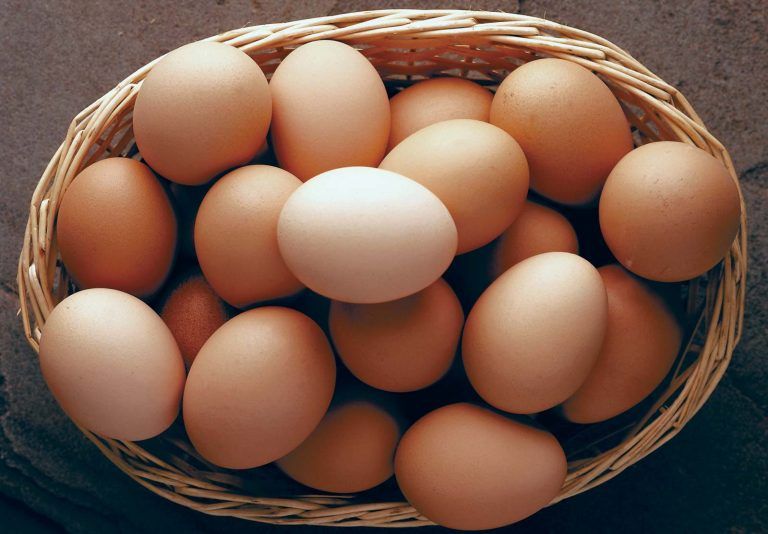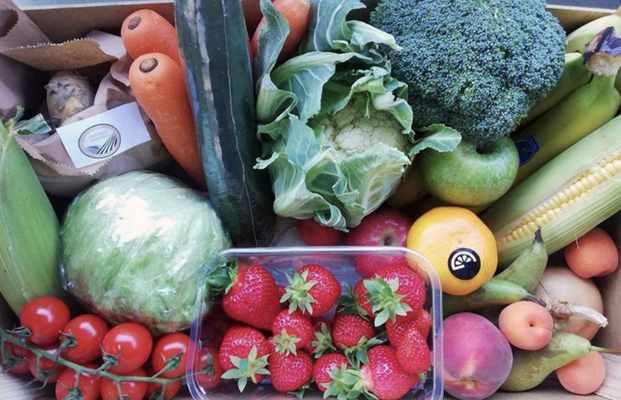CHOLESTEROL has a bad reputation thanks to its well-known role as a risk factor for heart disease. But it’s often overlooked that it is an essential part of our bodies as it makes up our cells, helps produce Vitamin D, testosterone, oestrogen, cortisol and bile acids.
Production of it is so important that we make most of it ourselves – our livers and intestines make about 80 per cent of the cholesterol we need to stay healthy. The other 20 per cent of the cholesterol we need should come in small amounts from shellfish, eggs and offal meat like liver. Why? Well, these foods have much less effect on our blood cholesterol than other foods like full-fat dairy, red meats, pasties, sausages, pies, biscuits, cakes, pastries, chocolate, cow’s butter, coconut milk, coconut or palm oils. If you consume some of the latter foods try and keep saturated fat intake below 20g per day for females and 30g for males.
Some of these foods have brilliant nutrients, dairy being full of protein, calcium, vitamin B12 and iodine. But go for the low-fat dairy.
Other things that can increase bad cholesterol are obesity, lack of exercise, smoking and genetics. Some tips to keep cholesterol low include replacing some saturated fat animal foods with unsaturated fat foods like seeds, nuts, fish and oils (remember to stick to a teaspoon portion size of culinary oils). Plant sterols found in Benecol milk drinks can lower cholesterol by up to 10 percent in three weeks in people with high cholesterol if taking one Benecol drink per day. Beta glucan fibre found in oats is also well proven to lower cholesterol too. And don’t forget about soya-containing foods as well as Omega 9 such as almonds, avocados, peanuts, hazelnuts, cashews, and olive oil – all can help with maintenance of good cholesterol.
Lee McCusker (BA; MSc; MSc; MSc; ANutr; SENr) is a registered nutritionist from Belfast and can be found on Facebook, Instagram and Twitter. Email: attentivenutrition@
gmail.com






